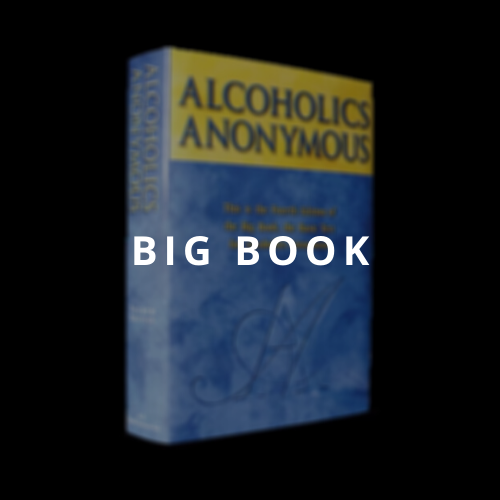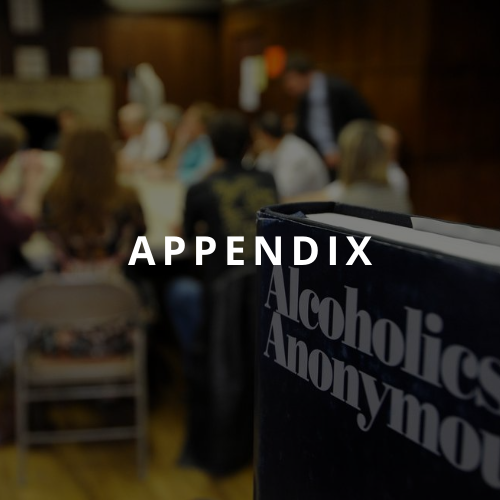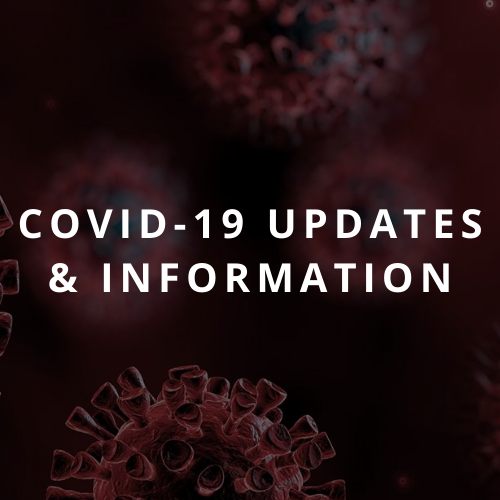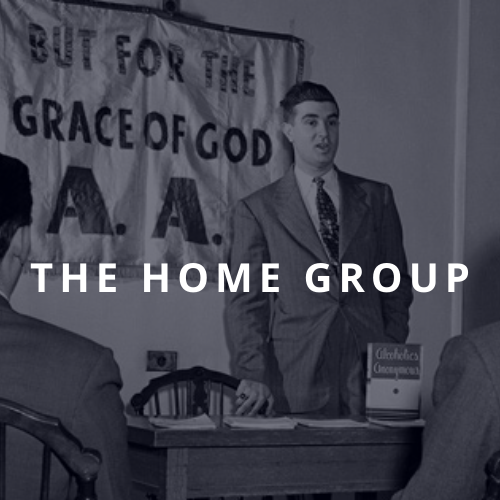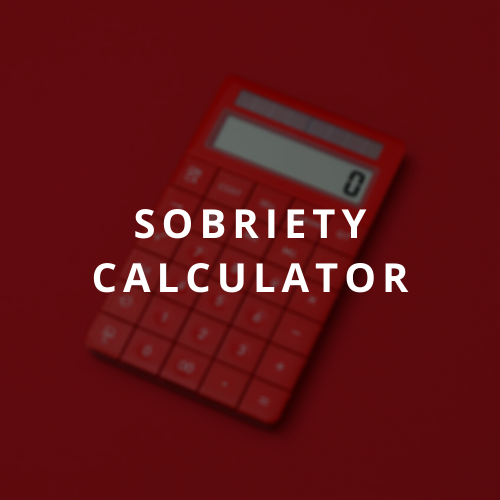 One Big Tent
One Big TentAgnostic and Atheist Members in AA
To order this book, please see Jodye H at Toastmasters,
Saturday nights or email to,
Atheists, agnostics, nonbelievers and secular alcoholics have
been members of the AA Fellowship since its earliest days,
making significant contributions to the development of
the program, helping to swing the doors of AA ever-wider.
But finding their path has not always been easy.
One Big Tent is a collection of stories, originally published
in Grapevine, which represent the shared experience of secular
AA members who have struggled with alcoholism, yet ultimately
found a common solution in AA.
These members share how they found their place in AA,
work the program, do service and sponsor others.
 The “God” Word
The “God” WordAgnostic and Atheist Members in AA
AA is not a religious organization. Alcoholics Anonymous
has only one requirement for membership and that is the
desire to stop drinking. There is room in AA for people of all
shades of belief and non-belief.
Many members believe in some sort of god and we have
members that come from and practice all sorts of religions; but
also many are atheist or agnostic. It’s important to remember
that AA is not a religious organization; we have a simple idea
that there is a power greater than us as individuals.
What we all have in common is that the program helps
us find an inner strength that we were previously unaware
of – where we differ is in how we identify the source. Some
people have the thought of the word God as standing for
“good orderly direction”, or even “group of drunks”, but
many of us believe that there is something bigger than
ourselves which is helping us today.
This power may lie within some person’s religious beliefs, or
it can be completely separate from any religion. For example,
one member looks at the sea and accepts that it is a power
greater than him. We could ask ourselves ‘Do I believe that
somehow there is a power greater than myself ’
As Bill W wrote in 1965…
“We have atheists and agnostics.
We have people of nearly every race, culture and religion. In
AA we are supposed to be bound together in the kinship of a
common suffering. Consequently, the full individual liberty to
practice any creed or principle or therapy whatever should
be a first consideration for us all. Let us not, therefore,
pressure anyone with our individual or even our collective
views. Let us instead accord each other the respect and love
that is due to every human being as he tries to make his way
toward the light. Let us always try to be inclusive rather than
exclusive; let us remember that each alcoholic among us is a
member of AA, so long as he or she declares”.
Whatever you do, please don’t let someone else’s religious
beliefs prevent you from finding the solution that is available
to you through Alcoholics Anonymous
APPENDIX II. Spiritual Experience
The terms “spiritual experience” and “spiritual awakening” are used many times in this book which, upon careful reading, shows that the personality change sufficient to bring about recovery from alcoholism has manifested itself among us in many different forms. Yet it is true that our first printing gave many readers the impression that these personality changes, or religious experiences, must be in the nature of sudden and spectacular upheavals. Happily for everyone, this conclusion is erroneous. In the first few chapters a number of sudden revolutionary changes are described. Though it was not our intention to create such an impression, many alcoholics have nevertheless concluded that in order to recover they must acquire an immediate and overwhelming “God-consciousness” followed at once by a vast change in feeling and outlook. Among our rapidly growing membership of thousands of alcoholics such transformations, though frequent, are by no means the rule. Most of our experiences are what the psychologist William James calls the “educational variety” because they develop slowly over a period of time. Quite often friends of the newcomer are aware of the difference long before he is himself. He finally realizes that he has undergone a profound alteration in his reaction to life; that such a change could hardly have been brought about by himself alone. What often takes place in a few months could hardly be accomplished by years of self-discipline. With few exceptions our members find that they have tapped an unsuspected inner resource which they presently identify with their own conception of a Power greater than themselves. Most of us think this awareness of a Power greater than ourselves is the essence of spiritual experience. Our more religious members call it “God-consciousness.” Most emphatically we wish to say that any alcoholic capable of honestly facing his problems in the light of our experience can recover, provided he does not close his mind to all spiritual principles. He can only be defeated by an attitude of intolerance or belligerent denial. We find that no one need have difficulty with the spirituality of the program. WILLINGNESS, HONESTY AND OPEN MINDEDNESS ARE THE ESSENTIALS OF RECOVERY. BUT THESE ARE INDISPENSABLE. “There is a principle which is a bar against all information, which is proof against all arguments and which cannot fail to keep a man in everlasting ignorance–that principle is contempt prior to investigation.” –HERBERT SPENCER



